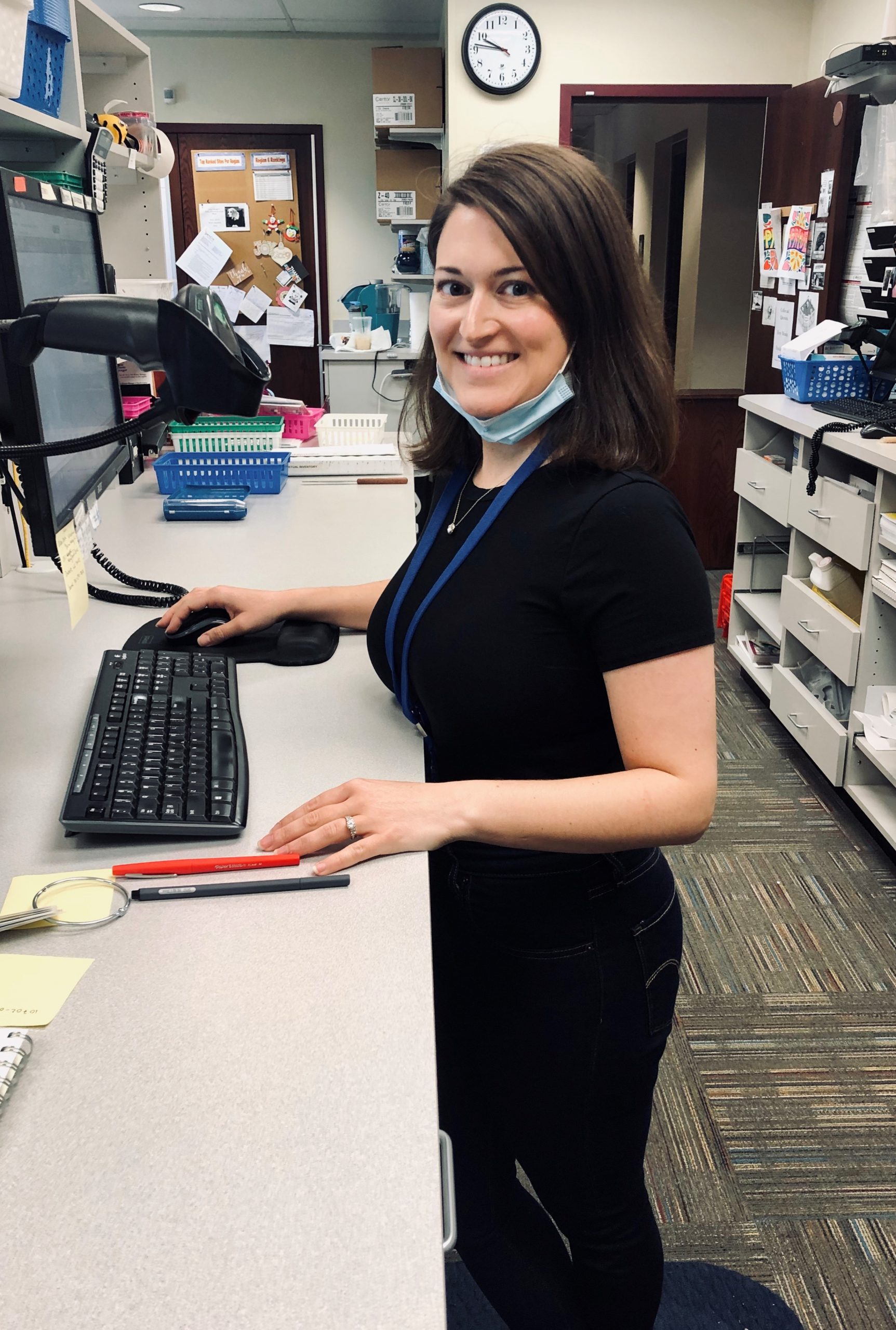Treating Transgender Patients with Respect

Genoa Healthcare pharmacist Elizabeth Doucette, PharmD, of West Bend, Wisconsin, actively works to make her pharmacy a welcoming and safe environment for individuals who identify as a member of the Lesbian, Gay, Bisexual, Transgender and Queer and/or Questioning (LGBTQ) community. Recently Doucette was speaking with the mother of a new teenage patient.
“We picked up immediately that her child identified as female, used a different first name than was on her prescriptions, and preferred female pronouns,” shared Doucette. “The pharmacy completed the entire process without missing a beat by mirroring mom in discussing her child.”
Across the United States, transgender people are often hesitant to get the medical care they need due to societal discrimination and stigma. According to Mental Health America, “Twenty-two percent of transgender individuals say they have avoided doctors or health care out of concern they would be discriminated against.”
The transgender community also has higher rates of suicide compared to the general population. “In a national study, 40% of transgender adults reported having made a suicide attempt” with “92% of these individuals reported having attempted suicide before the age of 25,” as reported by The Trevor Project, an organization that aims to prevent suicide among children in the LGBTQ+ community.
As a key part of a person’s identity, using a person’s correct personal pronoun and chosen name makes them feel safe and respected. In fact, researchers at the University of Texas at Austin found that young people who could use their chosen name “experienced 71% fewer symptoms of severe depression, a 34% decrease in reported thoughts of suicide and a 65% decrease in suicidal attempts.”
Every person deserves to be treated with dignity and respect and that starts with listening and honoring who they are as individuals, Doucette noted.
“A few weeks later, the patient’s mom asked us to transfer the rest of her daughter’s prescriptions in from another pharmacy,” explained Doucette. “While I can’t be sure, I like to think it was partially due to the respect and dignity with which we treated her daughter.”





